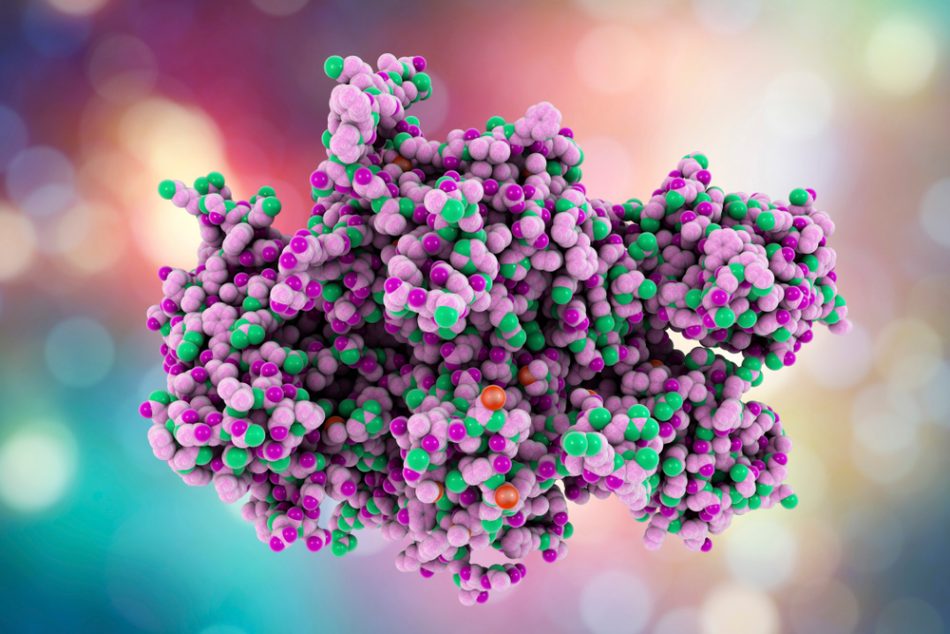Science
From mathematics and AI to medicine and psychology, The Optimist Daily features the latest news on discoveries, technological advances, and breakthroughs in the world of science. Our Science section is here to engage and enlighten you.

This startup proves that electric cargo ships actually make sense
Designing solutions targeting the shipping industry’s humongous carbon footprint is key to ensuring a sustainable future for sea transport. While we’ve seen such solutions in ships that replaced fossil fuels with hydrogen, most experts argue that it’s not feasible to design electric cargo Read More...

Scottish forests are the biggest they’ve been in 900 years
Scotland is a proud and iconic country, with a unique culture and landscape. Travelers from all over the world come to visit Scotland’s highlands, lowlands, and lochs. Another invaluable part of the Scottish wilderness, largely and unfortunately overlooked by visitors, is its Read More...

Florida volunteers feed manatees with lettuce
In Florida’s Indian River Lagoon, a bold initiative began where volunteers gather to pour pallets of leafy greens into the water to feed the manatees gathered there. Initially, after some hesitation, a bold and curious pair of cows approached and started eating lettuce. More would soon join, Read More...

Research suggests that mushrooms use language to talk to each other
Just when we thought mushrooms couldn’t get any cooler, a scientist from the University of West England recently published some more fabulous news about fungi and how they might communicate. According to his findings, Professor Andrew Adamatzky believes that the electrical impulses mushrooms Read More...

These prefab facades could make old buildings carbon negative
Retrofitting buildings so that they consume less energy is key to meeting current climate targets. A company in Germany is working to accelerate that process by building tailored facades with built-in insulation that can fit like a glove onto old buildings to reduce their energy use. Prefab Read More...

Globally, demonstrators gathered for the biggest scientist-led protest ever
Occasionally, drastic measures are essential to mobilize a population toward necessary progress. Civil disobedience is a proven method of affecting change, and when those disobeying are all experts in a field, we can bet that what they're saying is worth listening to. On Wednesday, April 6th, Read More...

Last month, the UK saw more EV sales than ever before
It’s no secret that if we are to prevent the most devastating effects of climate change, we have to make big changes to our consumption-driven lives. One change that will help drive down CO2 emissions is the large-scale abandonment of conventionally fueled vehicles in favor of electric Read More...

Bacterial enzymes may be the future of medicine
We may think of machines as nuts, bolts, and maybe a CPU. Microorganisms, though, create many proteins and enzymes which perform a very machine-like function. A famous example of this is CRISPR-Cas9, which was originally an evolutionary adaptation observed in microorganisms. While Read More...

Monkeys' taste for booze helps explain humans' alcohol affinity
Humans have a long societal and evolutionary history with alcohol. Studies have shown that alcohol metabolizing systems appeared in our primate ancestors long before humans ever existed, between seven and 21 million years ago. Researchers from California State University released a new study on Read More...

Astronomers spot the beginnings of a “baby gas giant”
We can take up astronomy now, buy a good telescope, and go out on the right night to look up at the sky and marvel at the gaseous planets of our own solar system. These are of course Jupiter, Saturn, Uranus, and Neptune. However, we average enthusiasts would need some different equipment, and Read More...


